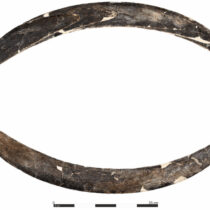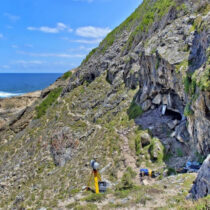Multiple Virtual Presentation Options have been added to the June 2020 conference: Connections: Exploring Heritage, Architecture, Cities, Art, Media.
Place: Virtual / University of Canterbury
Dates: 29-30 June 2020
Abstracts: April 10th.
In response to travel and meeting difficulties posed by the Coronavirus, AMPS (Architecture Media Politics Society) has added MULTIPLE VIRTUAL OPTIONS to the conference.
For nearly 10 years AMPS conferences have been hybrid in-person and virtual events.
If public health advice is to not meet in person, we will simply move to a fully virtual format and all registered delegates can present online.
If the advice is to carry on as normal, we look forward to seeing those of you who will travel in person and will continue to support those of you who are participating virtually.
VIRTUAL OPTIONS: Pre-recorded video | Short films | Zoom | Skype | Written Papers
THEMES: Architecture | Heritage | Art | Design | Technology | Media | Cultural studies | Urban design
PUBLISHERS: Intellect Books | Routledge Taylor and Francis | UCL Press
FULL DETAILS: https://architecturemps.com/canterbury-conference/
INQUIRIES: [email protected]
This event explores links between architecture, cities, history, heritage, art, film, media, cultural studies.
FULL CALL:
For all disciplines connected with life in cities and their histories, the design, construction, conservation and representation of urban architecture and culture has become hydrid: historic, contemporary, permanent, transient, physical and digital. Examples abound for every discipline involved, whether it be urban history, architecture, planning, art, design, media or the communication industries.
As the Western world comes to deeper understandings of its heritage in the 21st Century, technology is ever more present in our reading of the past. Data mapping is standard in conservation and social history. Archaeologists use digital tools in geophysics, laser scanning, and compositional analysis. Landscape and architectural visualizations populate museums across the world. In architecture, computational design uses algorithms to replicate biology. Coding produces self-generated architectural form. Information modeling presents planners with interactive design in real time. The city is seen as ‘smart’.
In film and animation, digital models create fictitious places on scales unimagined. Installation artists make space interactive through digitising motion, sound and heat. Projection mapping allows artists to reinterpret the past in-situ. Photographers use digital cameras to document city stories. Marketing, technology and communication mediates the city experience 24/7. In every field, educators are responding.
As the tools we use today merge and blur across disciplines, this conferences asks educators and professionals to consider the following. How can we best manage, direct and utilize the unique potentialities of this interdisciplinary and technological moment? Are we rethinking objects of art and design from the past and future? Are we reconsidering modes of communication, styles of teaching and ways of living? Are we seeing new links between designed objects, visualized spaces and cultural meanings? Are we understanding creative, documentary and media practices in new ways? Are we developing our own knowledge through the technologies, tools or thinking of other disciplines?
Based on this interdisciplinary approach, the conference welcomes educators and professionals in:
Architecture, Urban design, History, Archaeology, Heritage, Art, Design, Technology, Communications, Media, Film, Cultural studies





